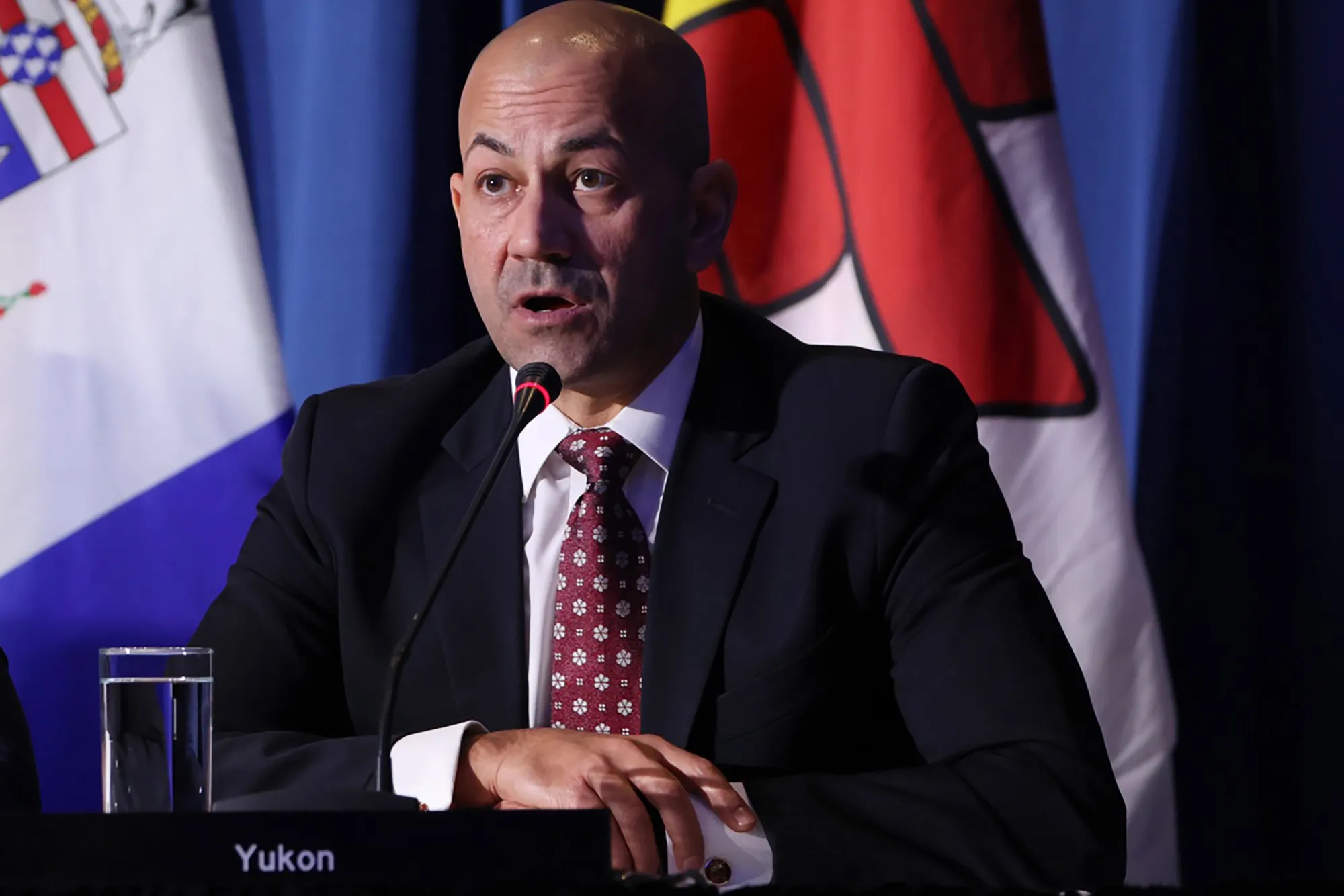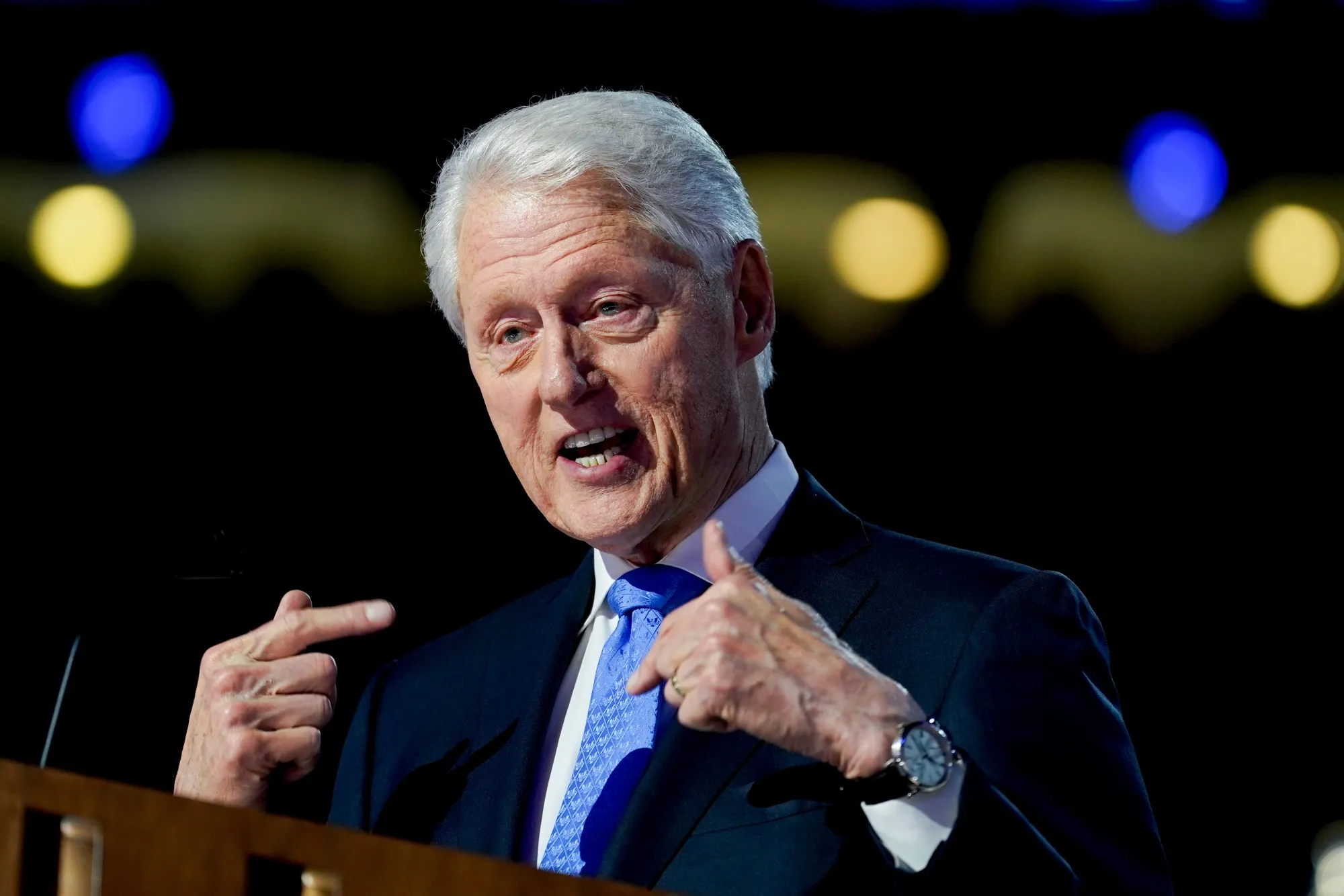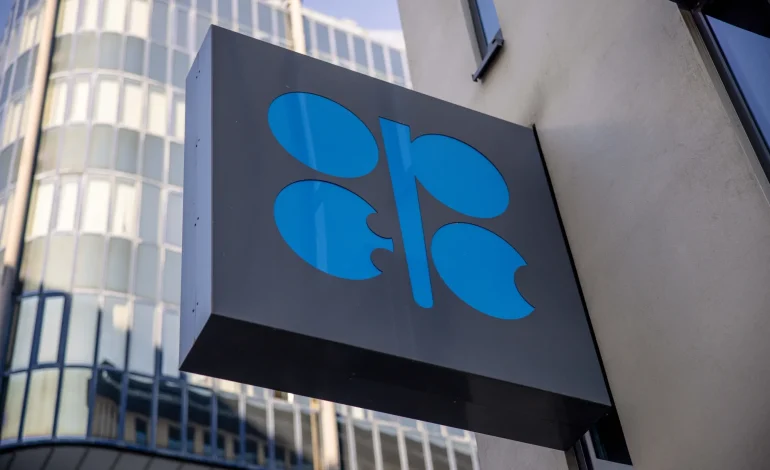Global oil markets are set for a significant oversupply next year, even after the OPEC+ decision to delay production increases, according to a new report from the International Energy Agency (IEA), Bloomberg reports.
The IEA’s monthly report predicts a surplus of 1.4 million barrels per day if OPEC+ resumes output increases as planned in April. Even if the group cancels all planned hikes for 2024, the agency still forecasts a surplus of 950,000 barrels per day.
The OPEC+ cartel, led by Saudi Arabia and Russia, decided on December 5 to postpone restoring previously curtailed production, citing weak crude prices and slow growth. They also agreed to slow the pace of future increases.
The IEA projects global oil consumption growth of 1.1 million barrels per day (approximately 1%) in 2025. However, non-OPEC+ production is expected to increase by significantly more, driven by growth in the US, Brazil, Canada, and Guyana. This robust non-OPEC+ supply, coupled with modest demand growth, is contributing to the predicted oversupply.
The agency acknowledged that the OPEC+ delay has lessened the potential surplus, but maintains that the market will remain comfortably supplied.
Crude oil prices have fallen approximately 16% since early July, trading near $74 a barrel in London. This decline reflects concerns about weakening economic activity in China, a major oil consumer, outweighing concerns about geopolitical instability in the Middle East.
OPEC+ has struggled to manage production, with November figures showing a substantial 680,000-barrel-per-day excess over quotas, largely due to overproduction by the United Arab Emirates, Iraq, and Russia.
Global oil demand is projected to reach 102.8 million barrels per day this year, an increase of 840,000 barrels per day. This growth is largely driven by petrochemical feedstocks, with transport fuel demand constrained by the shift towards more efficient and electric vehicles.
OPEC has significantly lowered its demand growth projections for 2024, bringing its forecasts closer to the IEA’s more conservative outlook.









